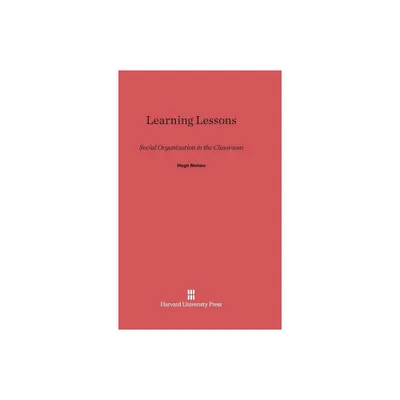Home
Learning Lessons from Waco: When the Parties Bring Their Gods to the Negotiation Table
Loading Inventory...
Barnes and Noble
Learning Lessons from Waco: When the Parties Bring Their Gods to the Negotiation Table
Current price: $24.95


Barnes and Noble
Learning Lessons from Waco: When the Parties Bring Their Gods to the Negotiation Table
Current price: $24.95
Loading Inventory...
Size: OS
*Product Information may vary - to confirm product availability, pricing, and additional information please contact Barnes and Noble
Heated debates about "what really happened in Waco" are a recurring public drama. Yet, little or no attention has been given to the work of the negotiators who talked with the Branch Davidians. In this important book, Jayne Seminare Docherty utilizes largely unexplored sources of data to explain why fifty-one days of negotiations by federal officials failed to get all of the Branch Davidians to exit the compound.
Learning Lessons from Waco applies a theory of worldview conflicts to the more than 12,000 pages of the negotiation transcripts from Waco. Through perceptive analysis of the situation, Docherty offers a fresh perspective on the activities of law enforcement agents. She shows how the Waco conflict resulted from a collision of two distinct worldviews-the FBI's and the Davidians'-and their divergent notions of reality.
By exploring the failures of the negotiations, she also urges a better understanding of encounters between rising religious movements and dominant social institutions. Finally, the resulting model is applicable to other conflict resolution processes such as mediation and facilitated problem solving.
Learning Lessons from Waco applies a theory of worldview conflicts to the more than 12,000 pages of the negotiation transcripts from Waco. Through perceptive analysis of the situation, Docherty offers a fresh perspective on the activities of law enforcement agents. She shows how the Waco conflict resulted from a collision of two distinct worldviews-the FBI's and the Davidians'-and their divergent notions of reality.
By exploring the failures of the negotiations, she also urges a better understanding of encounters between rising religious movements and dominant social institutions. Finally, the resulting model is applicable to other conflict resolution processes such as mediation and facilitated problem solving.


















